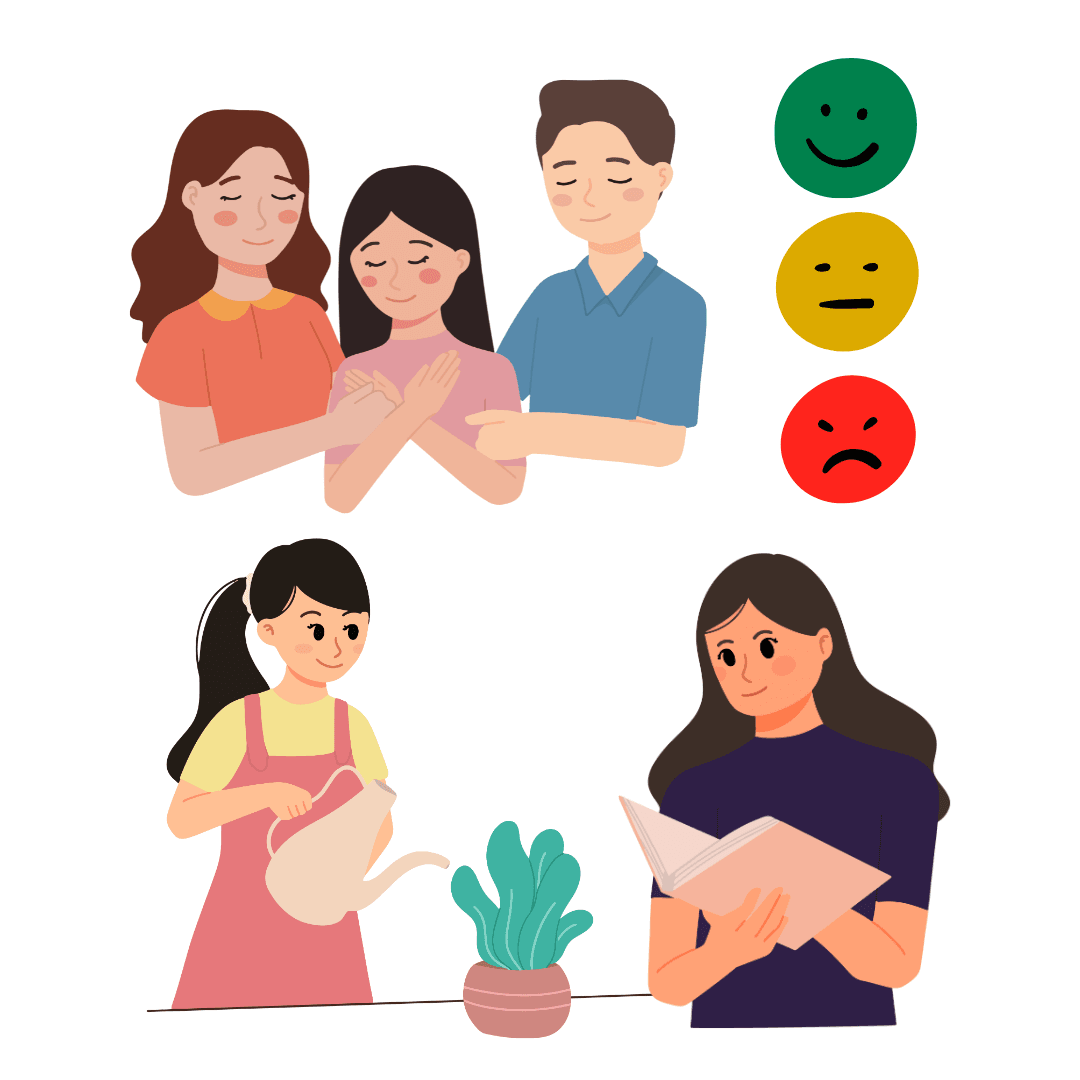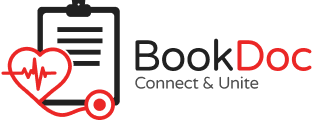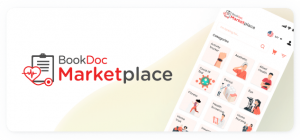
The future is in the hands of the next generation, filled with potential and ready to shape a better world. By nurturing healthier generations today, we lay the foundation for a brighter tomorrow. It all begins with a healthy mother from her womb who nurtures the future of a thriving family and, together, fosters the leaders of tomorrow.
Ensuring a thriving future extends beyond merely increasing the current birth rates of 1.7 children per woman or encouraging reproductive health. It demands a holistic transformation that optimizes the entire childbirth experience, prioritizing the transitioning of maternal and newborn health from pregnancy to the postpartum recovery phase.
A comprehensive approach to maternal care involves understanding and addressing women’s needs and supporting families with high-quality care. Aligning with the World Health Organization’s (WHO) ‘Healthy Beginning, Hopeful Future’ campaign, this enhances the childbirth experience through strengthened postnatal well-being, elevating mothers’ and newborn’s health in securing a brighter future for every family.
The Urgency of Maternal and Newborn Health
Ensuring the survival of both mother and baby is only the beginning of a lifelong journey toward well-being. Current statistics highlight the urgency of maternal health, where childbirth-related complications contribute to nearly 300,000 women dying each year. In contrast, over 2 million babies die in their first month of life, with millions more stillborn. This is equal to one preventable maternal or newborn death every seven seconds, which underscores the hope between life and death that can be averted through holistic and quality postnatal care.
The Overlooked Postnatal Period
Contrary to common belief, childbirth is not the finishing line but marks an exciting yet vulnerable phase that continues beyond birth. New mothers experience significant physical and emotional changes. According to WHO (2024), nearly 75% of maternal deaths occur during the postpartum period, often due to preventable complications such as:
- Severe bleeding (postpartum hemorrhage)
- Infections (often due to inadequate postnatal care)
- High blood pressure disorders (pre-eclampsia and eclampsia)
- Delivery complications
- Unsafe abortion
Recognizing and addressing these risks is crucial in ensuring a mother’s safe recovery and overall well-being after childbirth.
How Can We Save Women’s Lives?
Ensuring comprehensive care beyond childbirth is essential. While hospital-based interventions help manage complications, high-quality postnatal care at home and in the community is just as vital. Since maternal and newborn health are closely linked, supporting mothers effectively contributes to the well-being of the entire family. Key postnatal care strategies include:
1. Nutrition & Hydration

- Balanced Meals: A diet rich in lean proteins, whole grains, healthy fats, and fruits and vegetables supports proper recovery and speedy wound healing.
- Iron, folate, calcium, and vitamin D Intake: Food rich in these nutrients, including mackerel, sardines, lean meats, lentils, eggs, dairy products, and tofu, is essential for replenishing nutrients, particularly the loss during childbirth and for breastfeeding mothers.
- Hydration: Adequate water intake is crucial to support the production of breastmilk, optimizing breastfeeding.
- Omega-3 Fatty Acids: Enhances the production of good hormones such as dopamine and serotonin and their effect on reducing postpartum depression risks.
2. Physical Recovery

- Rest & Sleep: Encourage adequate rest, even through short naps, to aid recovery.
- Pelvic Floor & Core Strengthening: Gentle exercises such as Kegels and pelvic tilts help restore strength.
- Postpartum Check-ups: Regular follow-up visits help monitor healing and detect potential issues early.
3. Mental & Emotional Well-being

- Postpartum Depression Awareness: Monitoring for signs such as extreme mood swings, sadness, or anxiety is crucial.
- Social Support: Encouraging new mothers to connect with family, friends, or support groups fosters emotional resilience.
- Self-care Activities: Simple practices like short walks, meditation, or journaling help relieve stress and promote well-being.
Conclusion
Maternal health is the foundation of a thriving future generation. By fostering awareness, empathy, and action, we can contribute to WHO’s Ending Preventable Maternal Mortality (EPMM) initiative and ensure safer, healthier pregnancies and postnatal journeys for mothers and newborns. Investing in postnatal care is not just about survival, it’s about securing a healthy, hopeful future for families worldwide.
Start your journey toward enhanced health and well-being today. Connect with our expert dietitians and nutritionists here to support your postnatal recovery and beyond.
REFERENCES
1) World Health Day 2025: Healthy beginnings, hopeful futures. (2025). Who.int. https://www.who.int/news-room/events/detail/2025/04/07/default-calendar/world-health-day-2025-healthy-beginnings-hopeful-futures
2) World. (2024, April 26). Maternal mortality. Who.int; World Health Organization: WHO. https://www.who.int/news-room/fact-sheets/detail/maternal-mortality
3) Department of Statistics Malaysia. (2023). Maternal Deaths | OpenDOSM. Dosm.gov.my; OpenDOSM. https://open.dosm.gov.my/data-catalogue/deaths_maternal?visual=abs
4) Control of Neglected Tropical Diseases (NTD. (2017, July 14). Monthly report on dracunculiasis cases, January–May 2017. Who.int; World Health Organization. https://www.who.int/publications/i/item/9789241508483
5) Aparicio, E., Jardí, C., Bedmar, C., Pallejà, M., Basora, J., & Arija, V. (2020). Nutrient Intake during Pregnancy and Post-Partum: ECLIPSES Study. Nutrients, 12(5), 1325. https://doi.org/10.3390/nu12051325













